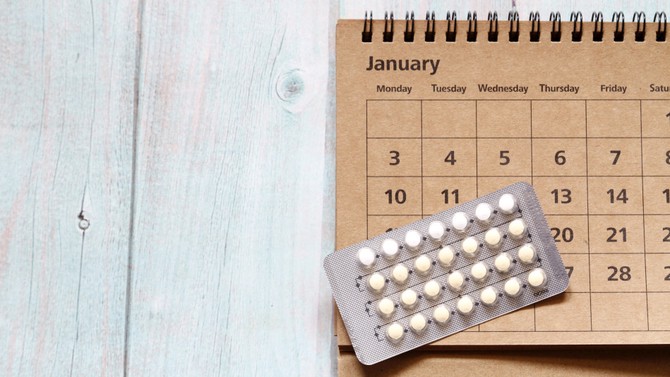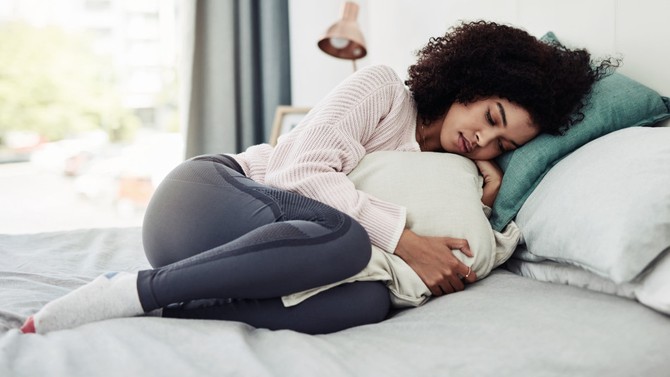Think You're Getting Enough Sleep? 4 Symptoms Say Otherwise
You may not be nodding off in the middle of the afternoon, but these less-obvious signs could mean that your mind and body are secretly exhausted.
By Emma Haak

Photo: Peter Dazeley/Getty Images
Your go-to jeans seem to be getting smaller.
How it's linked to sleep: A lack of sleep makes you crave junk food, because the part of your brain that normally argues against ice cream for dinner stops firing on all cylinders. In a 2013 study, researchers from the University of California at Berkley used brain scans of sleep-deprived people to show that higher-calorie foods increased activity in areas that control your desire to eat. At the same time, the lack of sleep reduced activity in the frontal cortex, the region that governs solid decision-making. That could help explain why research presented at the Endocrine Society's 2015 annual meeting found that subjects with just 30 minutes of sleep debt (meaning they averaged 30 minutes less sleep on weeknights than weekends) were 17 percent more likely to be obese.
Keep in mind: Even if your clothes don't feel snug, if you're trying to lose weight and the scale doesn't budge, too little sleep may still be to blame, says Joanne Getsy, MD, medical director of the Drexel Sleep Center in Philadelphia, as your body burns fat less efficiently when it's tired.

Photo: The Good Brigade/Getty Images
People's names keep getting stuck on the tip of your tongue.
How it's linked to sleep: Experts aren't exactly sure why being chronically low on sleep (generally defined as getting less than 7 hours per night) causes such deficits, but it could be due to communication breakdowns between the neurons and synapses that relay information, says Nancy Foldvary-Schaefer, DO, MS, director of the Sleep Center at the Cleveland Clinic. You may also find yourself unable to recall where you know someone from (work? the gym? the DMV?) or tripping over your words.
Keep in mind: Stress or neurological issues can also trigger memory blips. Make an appointment with your doctor if sleep-schedule adjustments or stress-reduction techniques don't help.

Photo: Isabel Pavia/Getty Images
Your monthly cycle has gone rogue.
How it's linked to sleep: The hormones that regulate your menstrual cycle get released according to your circadian rhythms. If you're consistently missing out on sleep, that release schedule gets thrown for a loop, which in turn makes your period unpredictable, Getsy explains. "You may be early one month, late the next, then early again—the normal 28-day cycle no longer applies," she says.
Keep in mind: Irregular periods can also be caused by stress, fibroids and conditions like polycystic ovarian syndrome. If a healthier sleep schedule doesn't get your period back on track, bring it up with your gynecologist.

Photo: LumiNola/Getty Images
Aches and pains hurt more than they used to.
How it's linked to sleep: A 2012 study in Sleep found that subjects who slept for 10 hours for four nights withstood a painful stimulus for 25 percent longer than those who stayed on their normal, poor-sleep schedule, suggesting that less sleep leads to lower pain thresholds. It's possible that sleep loss increases inflammation, a known contributor to pain. The researchers believe the results would apply to conditions like joint pain too.
Keep in mind: Psychological factors like depression can make pain more acute, or the underlying cause of your longtime aches may simply have gotten worse. If adequate sleep doesn't bring your pain down to its old level, talk to your doctor.
Published 05/08/2015

